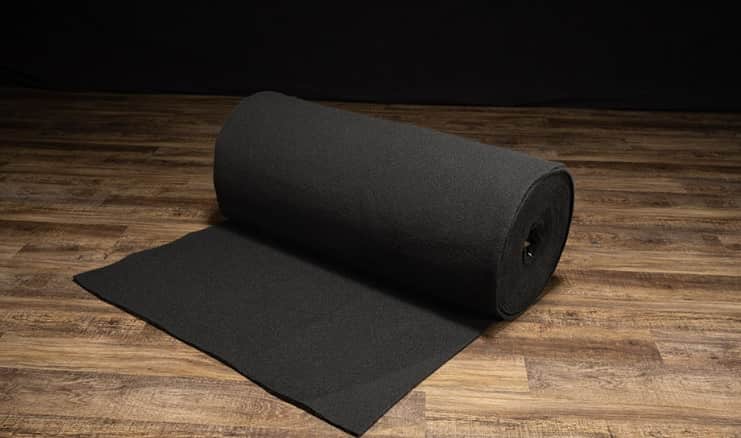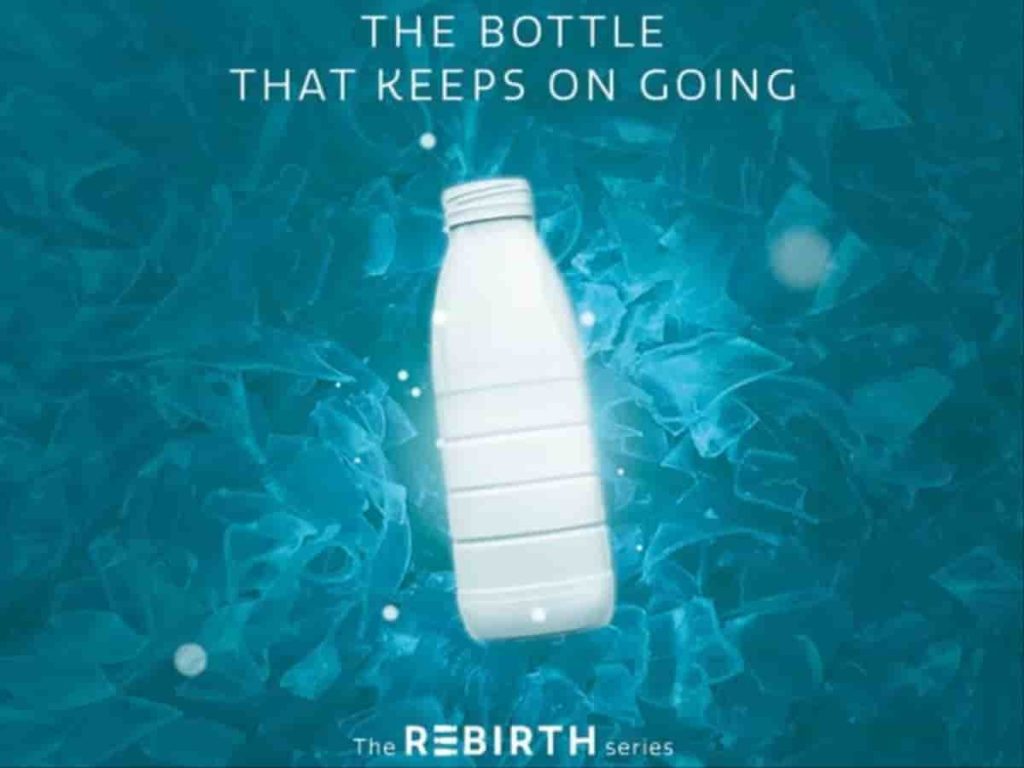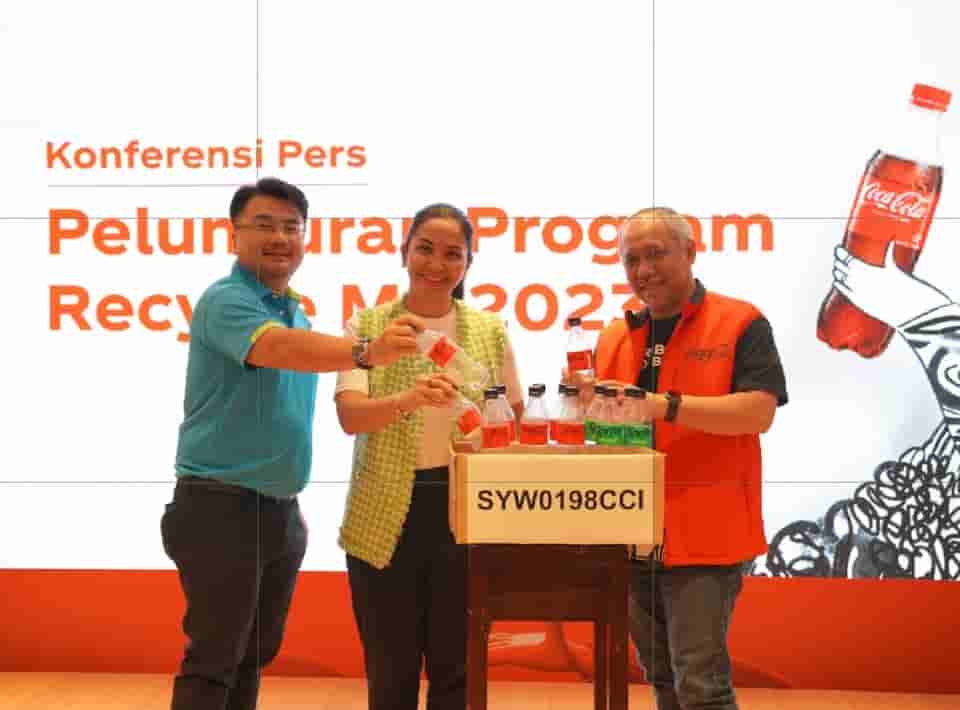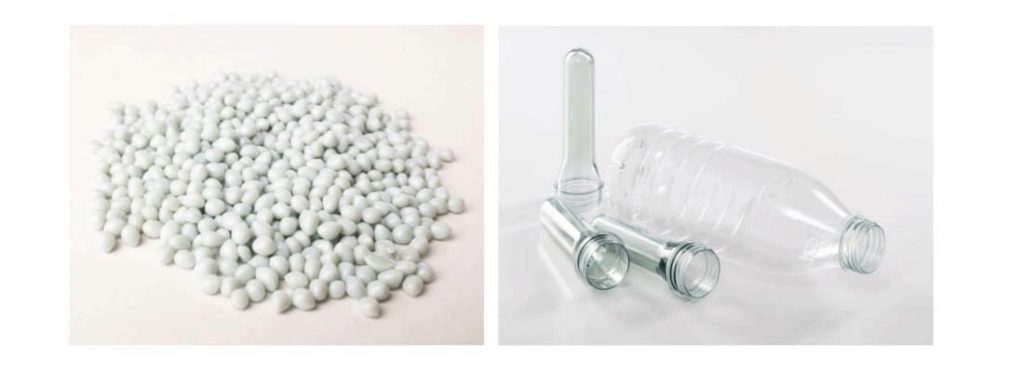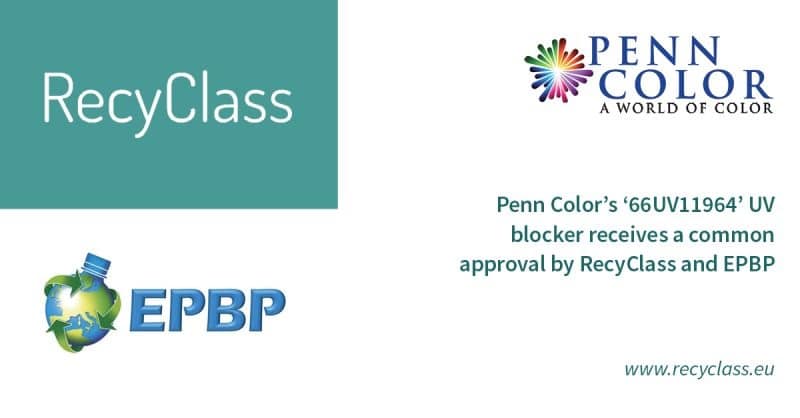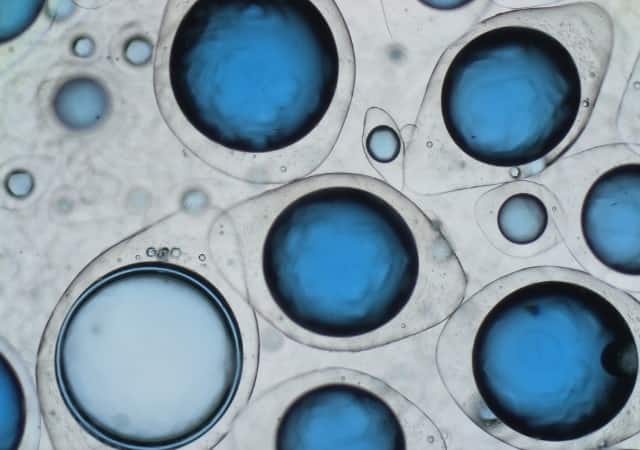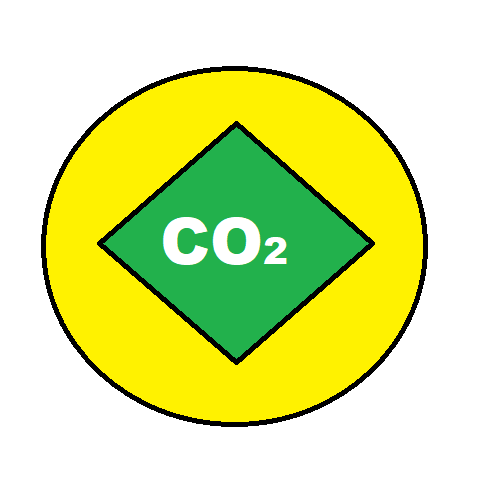“Advanced recycling can transform hard-to-recycle plastics into a multitude of high-value raw materials, reducing the need for fossil resources and potentially minimizing the environmental impact of waste management.” — Pahola Thathiana Benavides, Argonne principal energy systems analyst
The study collected 2017-2021 operating data from eight companies with varying pyrolysis oil production processes. The analysis shows an 18% to 23% decrease in GHG emissions when making plastic with just 5% pyrolysis oil from PUP compared to crude oil-derived LDPE and HDPE, respectively. EU recycling targets
When factoring in current end-of-life practices for many plastics in the U.S., such as incineration, there is a further 40% to 50% reduction in GHG emissions when manufacturing pyrolysis-based LDPE and HDPE, respectively, according to the analysis. Reductions are much higher (up to 131%) in the European Union as more PUP is currently incinerated.
“As advanced recycling becomes increasingly efficient, it is poised to play a major role in achieving global sustainability goals by reducing waste and GHG emissions,” said Argonne Principal Energy Systems Analyst Pahola Thathiana Benavides, a study author. ”It can transform hard-to-recycle plastics into a multitude of high-value raw materials, reducing the need for fossil resources and potentially minimizing the environmental impact of waste management.” EU recycling targets

